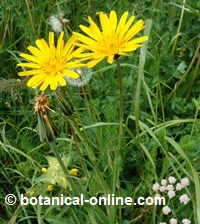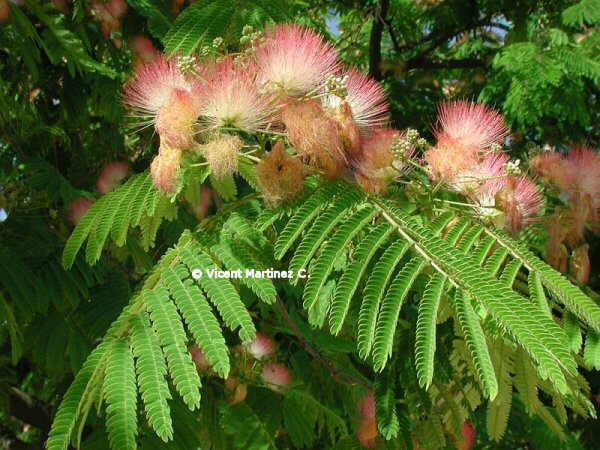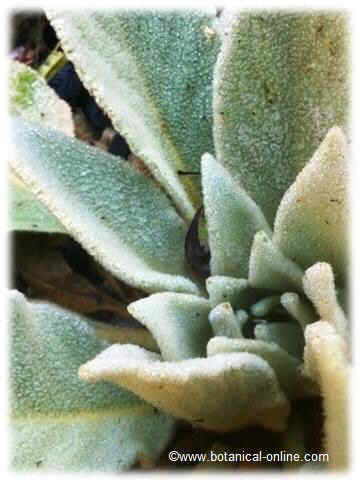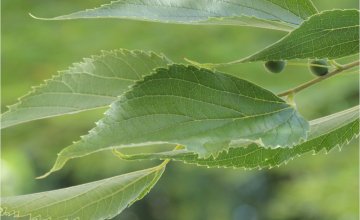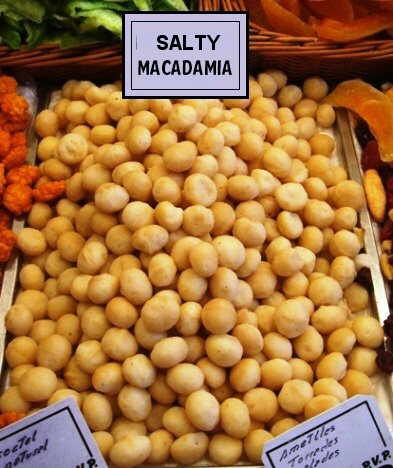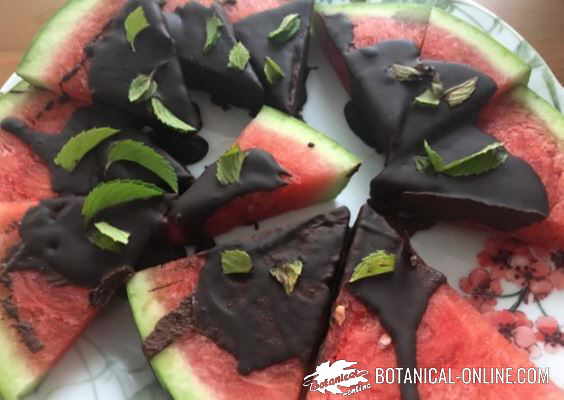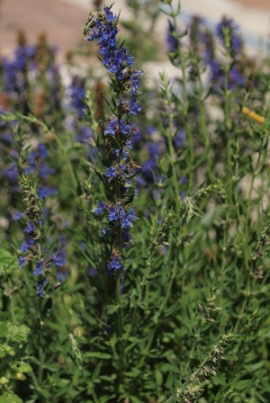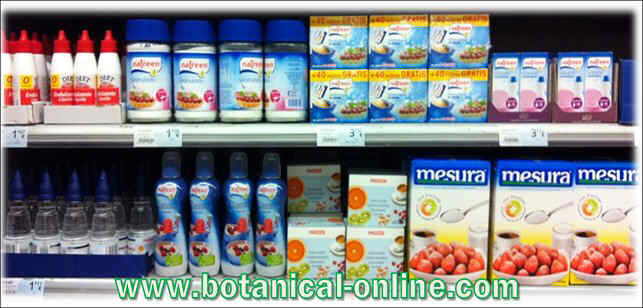Contents
Hazards of honeysuckle
Is honeysuckle toxic?
No, honeysuckle is not a toxic plant when used at the recommended dosages.
The stem, the leaves and the fruits contain toxic principles, the saponins. These have strongly irritating action on the digestive tract and hemolytic properties.
Caution should be exercised with the use of this plant as it may cause intoxication.
What are the main components of honeysuckle?
- Mucilages, pectin and xylostein (fruit)
- Essential oil: carvacrol, geraniol, linalool
- Saponosides
- Flavonoids: cryptoxanthin, luteolin, rutin
- Tannins
Toxic principles and hazards of honeysuckle
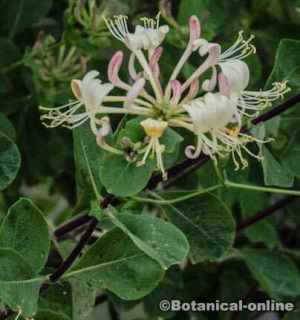
Toxic principles: saponins (stem, leaves, fruits) and xylostein (fruits).
The use of flowers and leaves in appropriate doses does not present side effects, although it is recommended not to use it in case of pregnancy or lactation, because there are few studies with respect to the safety of the same.
* More information: Plants and pregnancy.
Although no poisonings have been described in the medicinal use of honeysuckle, we have still to be extremely cautious in the preparations since these plants contain toxic principles.
Leaves and fruits are very rich in saponins and principles similar to nicotine. These principles attack and irritate the digestive system producing vomiting, diarrhea, convulsions, cardiac alterations and even death.
Intake of the leaves, and even sucking the stem (which is very sweet), has produced cases of stomach irritation and vomiting.
Are the fruits of honeysuckle poisonous?
The fruits can have strong highly irritating effects to the digestive tract and they are also purgative. The most common intoxications caused by honeysuckle have occurred in young children who have eaten the fruits, which are very attractive.
In the past, these were collected and dried in the sun in autumn. Preserved in cloth bags, they were used as vomiters and purgatives. However, common honeysuckle fruits, as in most honeysuckles, are very rich in saponins and contain a toxic principle (xylostein).
These components have the peculiarity of being very irritating to the digestive mucous membranes: the ingestion of them irritates the mouth and throat and produces vomiting and diarrhea.
In addition, saponins have been found to possess hemolytic properties, that is to say, they destroy the red blood cells. For this reason, the use of honeysuckle fruits could be very dangerous. They also have contraindications and can produce adverse effects.
It is also known that honeysuckle fruits are toxic to warm-blooded animals. For example, that about 5 or 6 berries can kill a rabbit. The only animals that do not seem affected are the birds, which eat these fruits habitually.
Are the flowers of honeysuckle edible?
It seems that flowers of honeysuckles would be the only possibly non-toxic parts. These contain a very sweet and aromatic nectar.
From fly honeysuckle flowers (Lonicera xylosteum) is produced the famous English honeysuckle wine or honeysuckle tea.
It is also said that the Japanese honeysuckle species (Lonicera japonica) has an edible flower.
Still, opinions about the edibility of these flowers are discussed by many specialists, so caution is advised with their use.
![]() More information on honeysuckle.
More information on honeysuckle.

